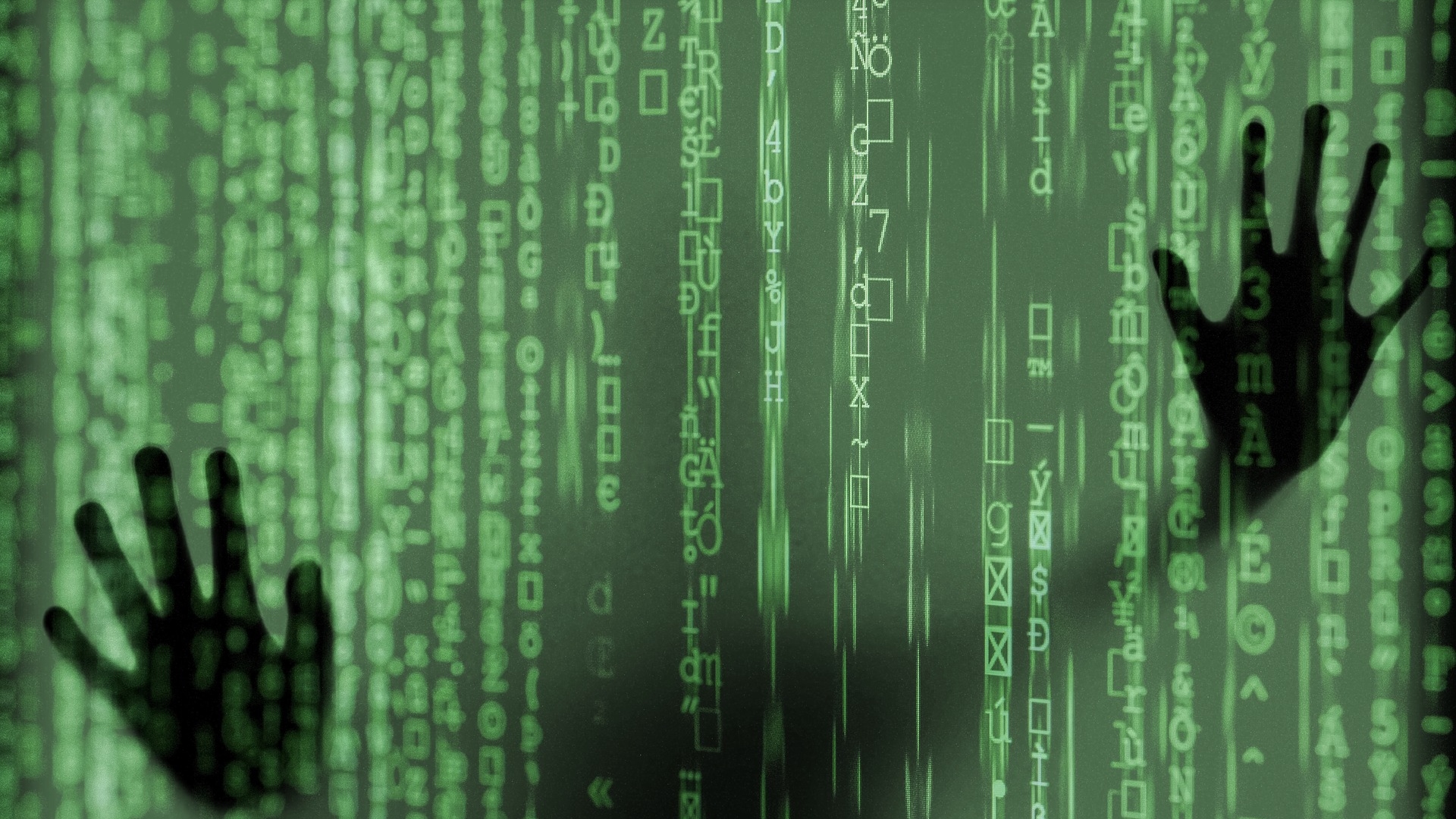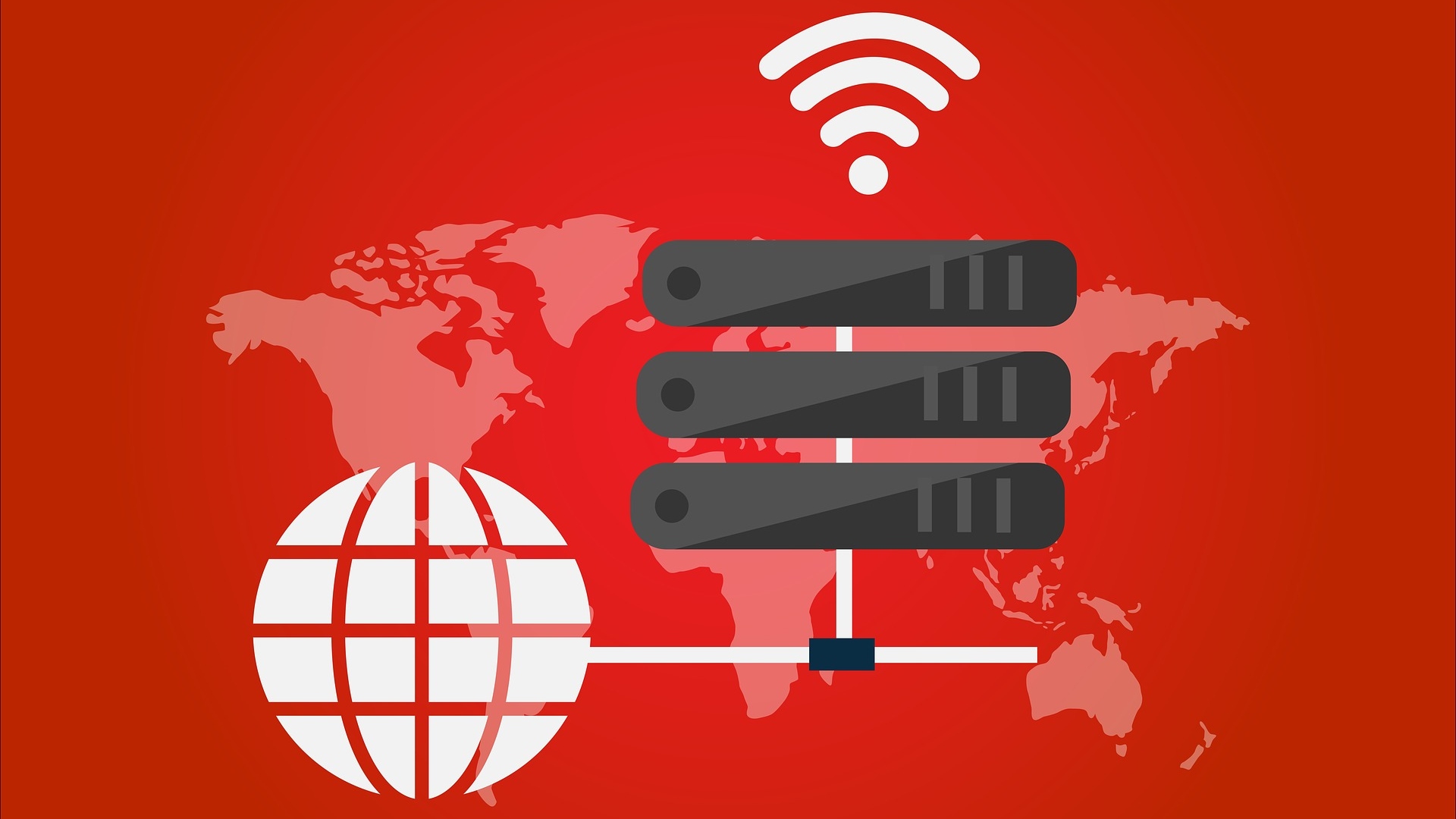Sooner or later, every Internet user asks himself the question:What is a VPN?‘, and the answer isn’t as simple as telling you what ‘virtual private network’ means. A VPN is a tool that allows you to connect to the Internet through servers located in different parts of the world. The best ones can bypass regional restrictions and hide your Internet activity from your Internet Service Provider (ISP), malicious hackers, rogue governments, and anyone who might profile you based on your data.
We are sure that you have more questions besides “What is a VPN?” And that’s why we have answers to all the most frequently asked VPN questions here. As far as we know, VPNs are an important part of the online landscape and essential for anyone who values their right to online privacy.
If you come to this article without any knowledge of VPNs, don’t worry. We write this specifically as a guide for those who have not yet delved into the world of VPNs. By the end of the article, you should feel more confident about all things VPN. If you want to learn more about specific VPN providers, you should also check out our guides for answers to questions about NordVPN and ExpressVPN.
Here are some of the most frequently asked questions about VPN:
- What do VPNs really do?
- What are the best VPNs?
- Do I really need a VPN at home?
- Can you be tracked if you use a VPN?
- When should you not use a VPN?
- How much do VPNs cost?
- Should I use a VPN on my phone?
- How to use a free VPN?
- Can a hacker disable my VPN?
- Antivirus or VPN is better?
What do VPNs really do?
In a nutshell, VPNs allow you to connect through different servers around the world. This has the advantage of preventing your ISP (and anyone else) from seeing what you do online, including your searches and social media activity.
For many people, privacy alone is reason enough to invest in a VPN. Not only in the sense that you don’t want companies to collect or sell data about you, but also because you don’t want attackers to spy on your activities to steal your identity or use you in other ways. .
In addition to privacy, some VPN providers can even help you speed up your connection. Most ISPs will throttle your connection speed for a specific task when you’re using a lot of bandwidth, but with a VPN masking your activity, they won’t be able to identify the task that requires a connection to speed up your internet speed. Of course, having to connect through a VPN can sometimes slow things down, but the fastest VPN providers have a good chance of speeding things up for you.
Another benefit is the VPN’s ability to give you access to region-exclusive content, whether it’s on video games or streaming platforms. It’s frustrating when you’re traveling abroad and can’t access your favorite TV shows because they’re exclusive to streaming platforms at home, but a VPN can allow you to connect through a server in your home region. Likewise, connecting through servers in other regions can give you access to video game events not normally available in your region.
We’re just scratching the surface here, but these are the biggest benefits of a VPN. Some VPNs also offer you encrypted storage and/or provide ad blocking services; it all depends on the provider, but the bottom line is that VPNs can do a lot to improve your online experience.
What are the best VPNs?
If you have time to read it, we have a guide to the best VPNs. If not, we can give you a quick overview of some of our top recommendations. Overall, we’d say ExpressVPN is the best service due to its TrustedServer system (which stops writing data to its servers) and the speed at which it renews its servers’ IP addresses (reducing the risk of blocking them). Next, we recommend NordVPN if speed is our top priority and Private Internet Access if you’re looking for a cheap VPN.
Do I really need a VPN at home?
Strictly speaking, you are not need VPN However, many choose to have one simply because they don’t like the idea of companies documenting all of their online research related to medical issues, personal pleasures, and everything in between. As mentioned above, it can also be good from a security perspective, in case hackers track your online activities for their own purposes.
![]()
Can you be tracked if you use a VPN?
In short, yes, but you are much harder to detect. The amount of effort required to find out who is using a VPN means that the average person has nothing to worry about, as few people would go to such lengths to be able to track the activities of the average internet user.
When should you not use a VPN?
As convenient as a VPN is, you don’t want to use it 100% of the time. Here are some things you might not want to use a VPN for:
- Online Banking: If you access your online banking account through a VPN server in another country, you may inadvertently trigger a security alert and be blocked.
- Access to local devices: RGB lighting, printers, and anything else you can control remotely from the router may not be available when the controlling device is connected to a VPN.
- Other miscellaneous actions: Some websites are very good at identifying VPN IP addresses and will always block them, so if you find one, it’s probably best to disable your VPN.

How much do VPNs cost?
VPN prices vary widely. Free VPNs do exist and they tend to be much more limited than their paid counterparts (offering fewer servers and no access to streaming services), some can run for as little as $1 a month and still offer something pretty substantial (like Ivacy VPN). ), while ExpressVPN at $8.32/month is quite expensive but offers a complete package which is good if you can afford it.
Should I use a VPN on my phone?
Whether or not you want to use a VPN on your phone depends on what you use it for. If you use your phone primarily for phone calls and texts, a VPN won’t do you much good, but if you browse the internet on your phone as much as you do on your laptop or desktop (if not more), then it’s definitely worth it. worth doing. Since most major providers allow you to protect multiple devices and offer handy VPN apps, getting one on your phone isn’t a hassle in most cases.
How to use a free VPN?
There are two ways to use a VPN for free. The first way is to find a provider like AtlasVPN, choose a free plan, then download and go. You will then have (limited) VPN access for as long as you need it. Note that if you choose the free option, you might find out that it’s “free” because you pay with your data and the VPN only tracks all your online activity and then sells it, so make sure you read small font. Rest assured, AtlasVPN has a zero logs policy so you don’t lose your privacy with it.
Another way to get free VPN access is to find a service like Surfshark, which offers a seven-day free VPN trial. This will give you enough time to try it out and make sure it works fine with all the websites and services you want to use, but obviously you won’t have access or have to start paying within a week (unless you’ve started a free trial of another supplier).

Can a hacker disable my VPN?
Frankly, yes, but it’s much more difficult for hackers to gain access to your computer with a VPN enabled. Think of it as the equivalent of a home security system: it doesn’t stop thieves from breaking in and stealing your stuff, but it does make your job that much harder. Given the extra effort, VPNs also act as a deterrent, reducing the risk of them even trying to get started.
Antivirus or VPN is better?
VPNs provide completely different services compared to antivirus software, so it is not easy to quantify and say that one is better than the other. The antivirus will prevent viruses from infecting your computer and will remove them if they are infected. However, they will do nothing to prevent your ISP from tracking all of your search history. Meanwhile, a VPN will prevent ISPs from tracking your activities, but it cannot protect you from viruses.
Some providers, like Surfshark, offer both VPN and antivirus services, but for many businesses it’s a matter of using one or the other. We have a guide to the best antivirus for PC if you want to learn more about antivirus vendors.
If you need VPN recommendations, we have guides on the best VPN for gaming and the most private VPN that can serve as a helpful guide.
Source : PC Gamesn

